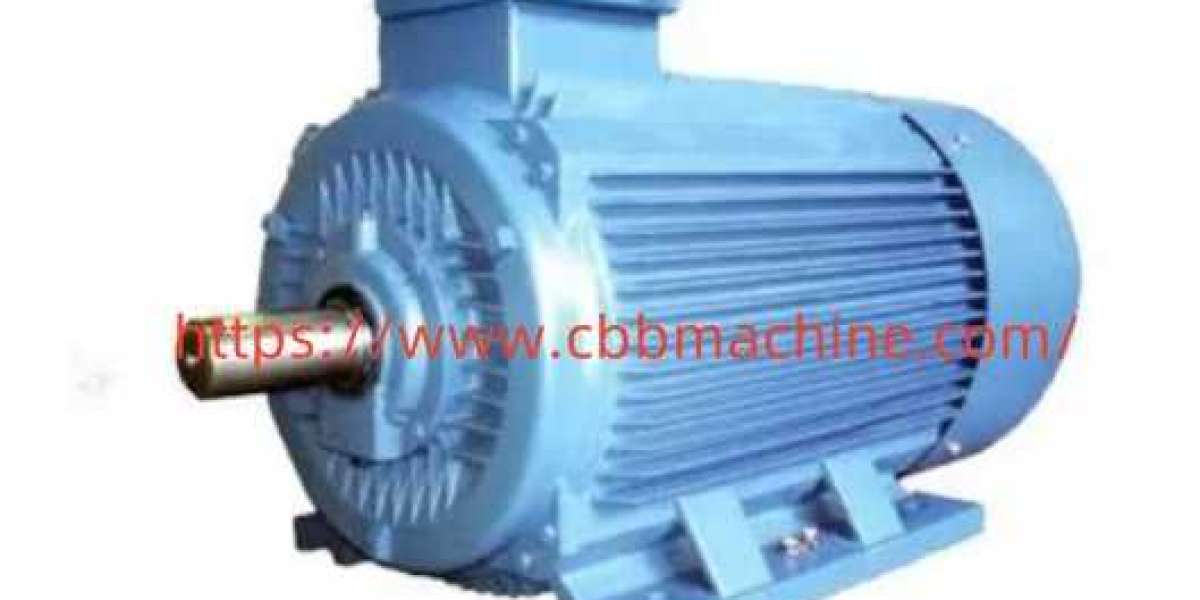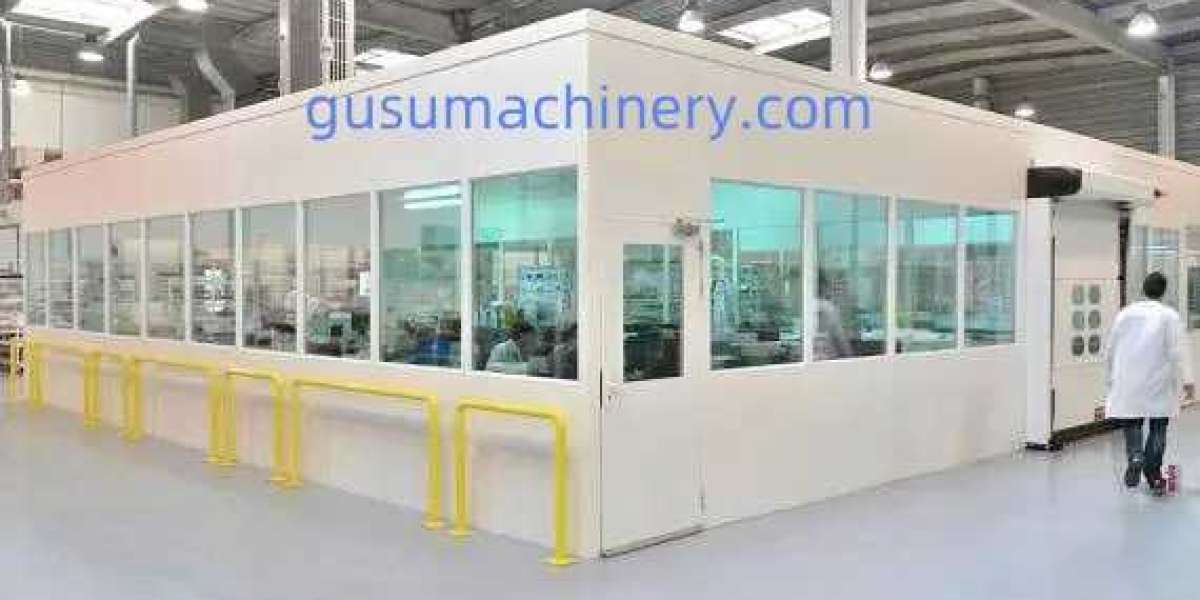In modern automation and mechanical systems, the Electric Torque Motor has become a key element that bridges precision, responsiveness, and control in motion-based operations. Unlike conventional motors that rely on external feedback or mechanical components to manage torque, this type of motor is designed to generate controlled rotational force directly and continuously. This makes it an efficient and flexible choice across various industrial applications, where accuracy, stability, and consistency are crucial.
Industries such as robotics, automotive production, packaging, and material handling increasingly rely on advanced motor technologies to improve process reliability. The adaptability of torque-based systems lies in their ability to deliver smooth motion without excessive heat or vibration. They help reduce mechanical stress on equipment, minimize maintenance downtime, and enable finer adjustments during production. These capabilities make them especially valuable in environments that demand constant torque across a wide range of speeds.
One of the core strengths of this motor technology is its energy efficiency. By maintaining torque without requiring additional current surges, it helps extend operational life and reduce electricity costs. It is particularly suited for applications that require continuous and precise movement, such as in winding machines, testing systems, and automated assembly lines. The ability to maintain steady performance without frequent recalibration supports higher process stability and production quality.
From a design perspective, the motor's simplicity is also a major advantage. With fewer moving parts compared to gear-based systems, it offers smoother performance and longer durability. In addition, the direct torque output reduces the need for extra mechanical components, which simplifies both installation and maintenance. This makes it a cost-effective option for companies looking to modernize their equipment without overcomplicating system structures.
As industrial automation continues to evolve, the role of torque-controlled motors will expand even further. Businesses are now seeking systems that integrate seamlessly with digital monitoring tools and energy management solutions. The compatibility of this motor type with smart manufacturing systems allows for real-time performance tracking and predictive maintenance—key elements in reducing production interruptions and enhancing operational efficiency.
Overall, this technology represents an important step toward smarter, cleaner, and more adaptable machinery. Its precise torque control, durability, and compatibility with modern automation trends make it a valuable solution for manufacturers aiming to stay competitive in an ever-changing industrial landscape.
For more information about the technology and its practical applications, visit https://www.cbbmachine.com/.







